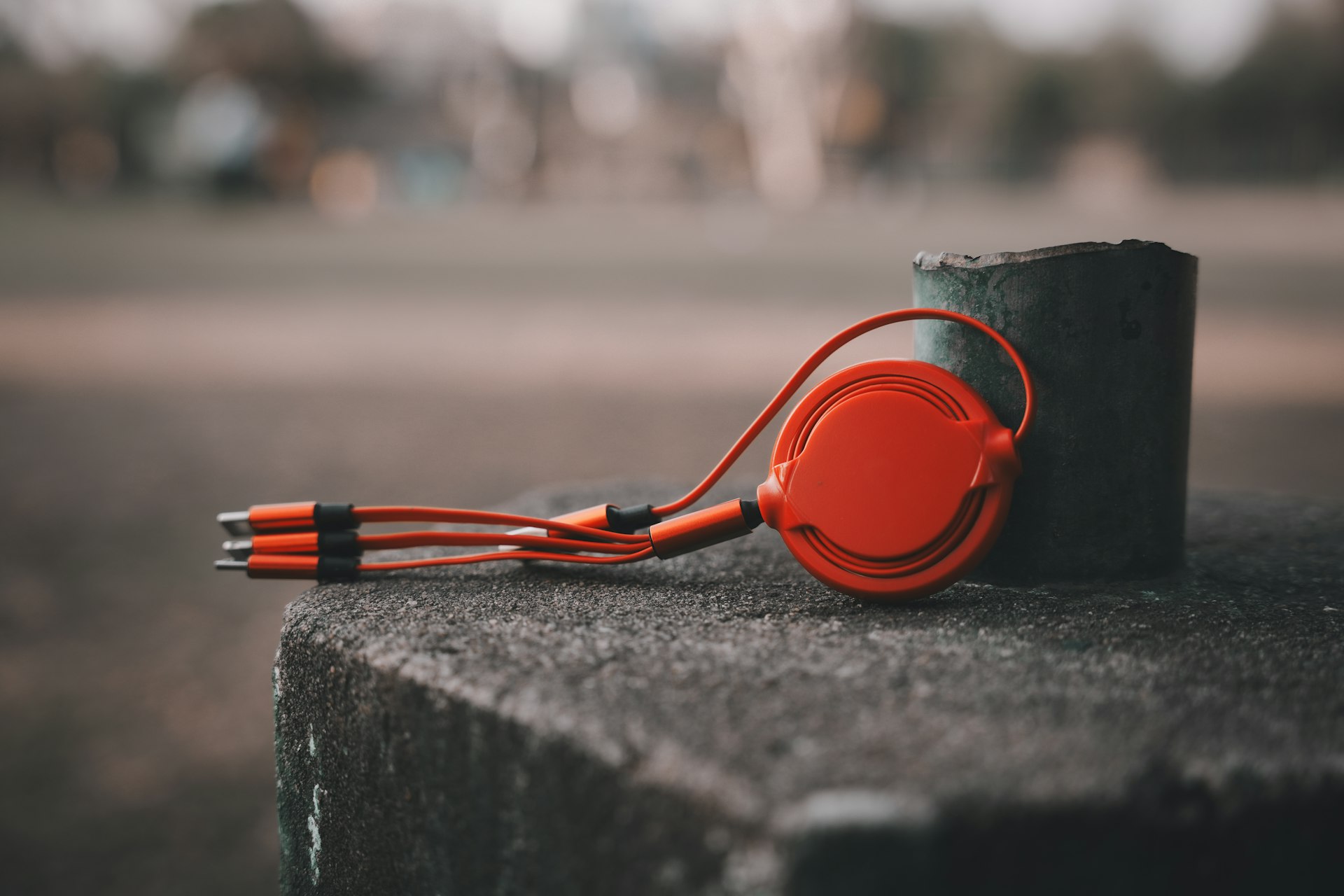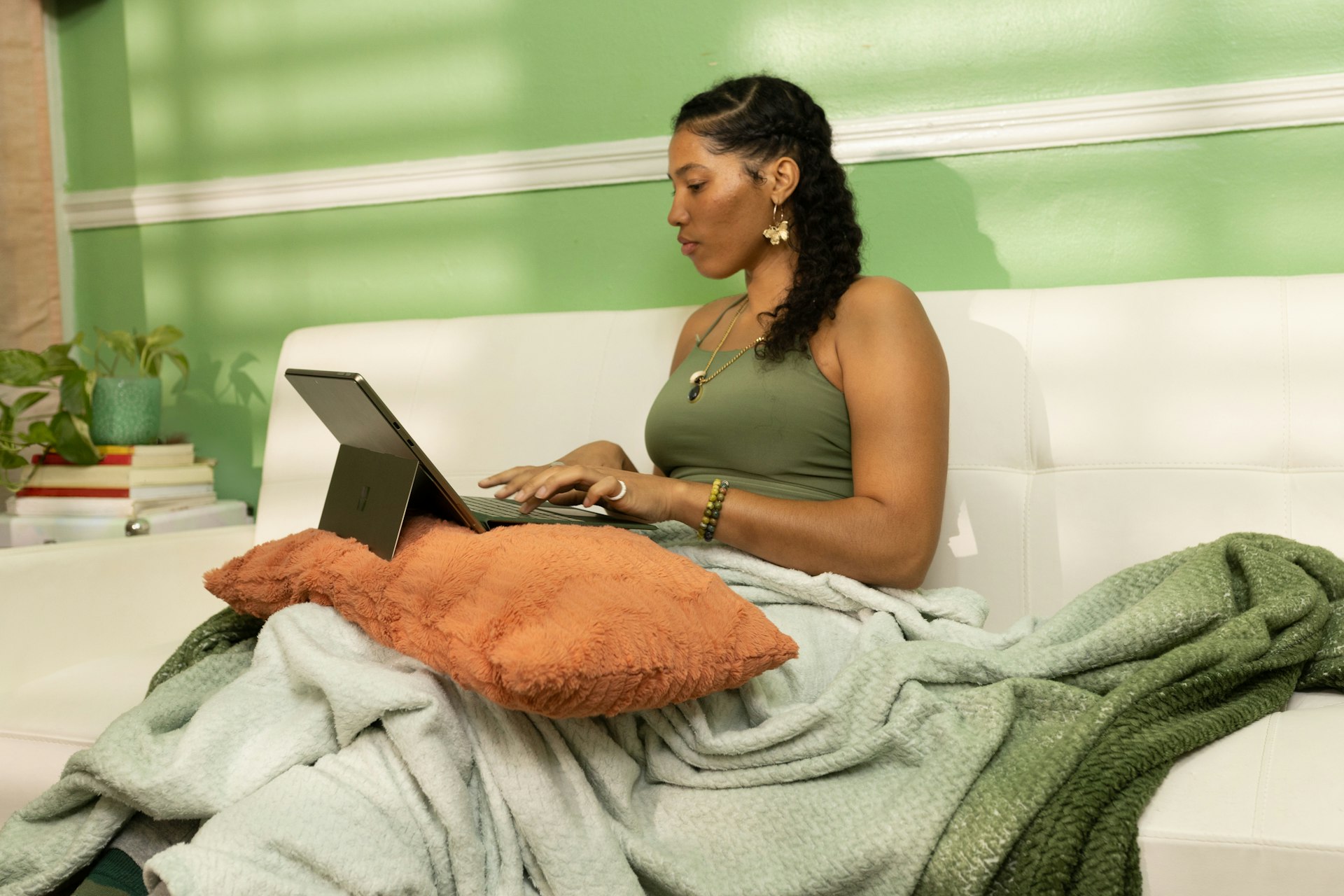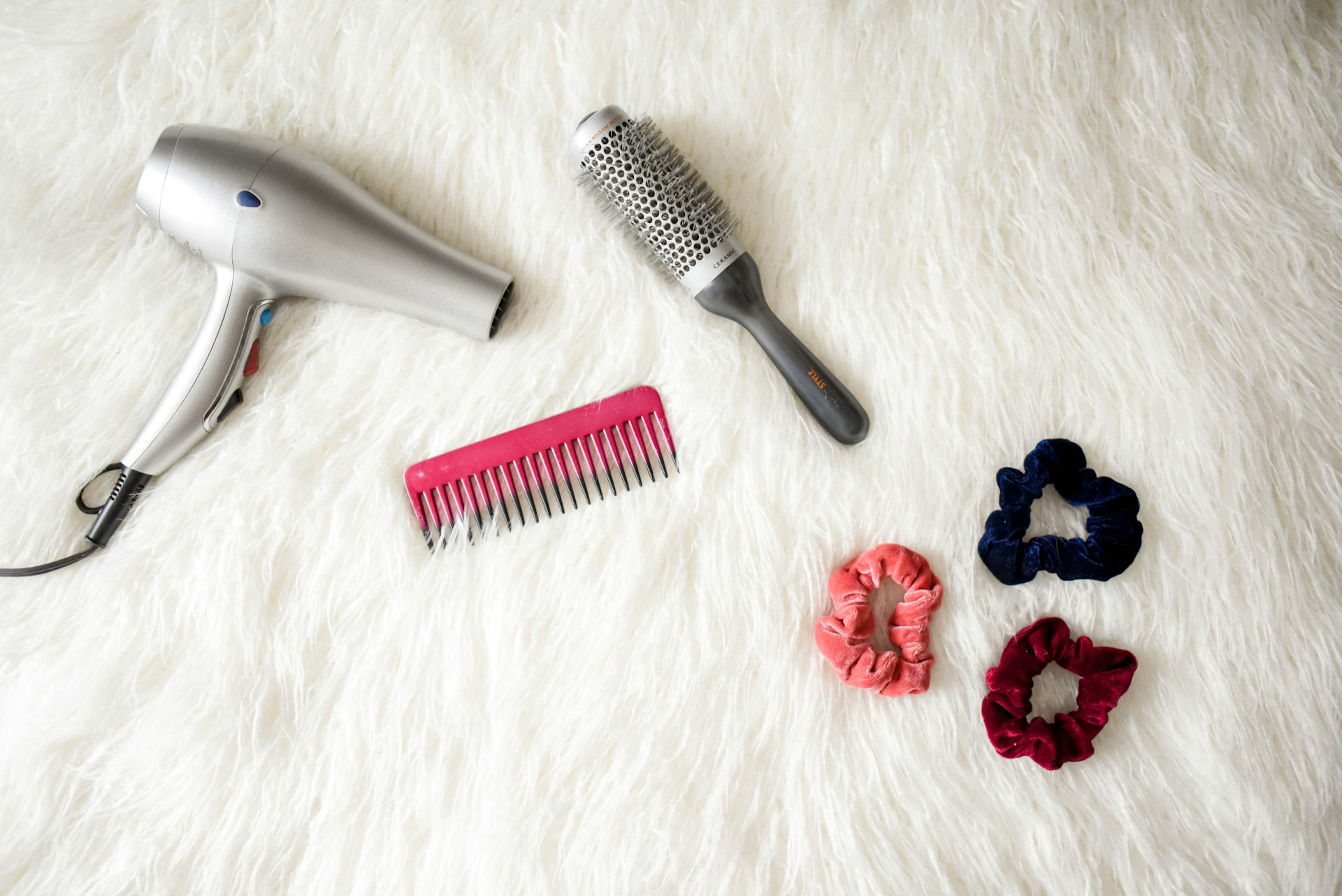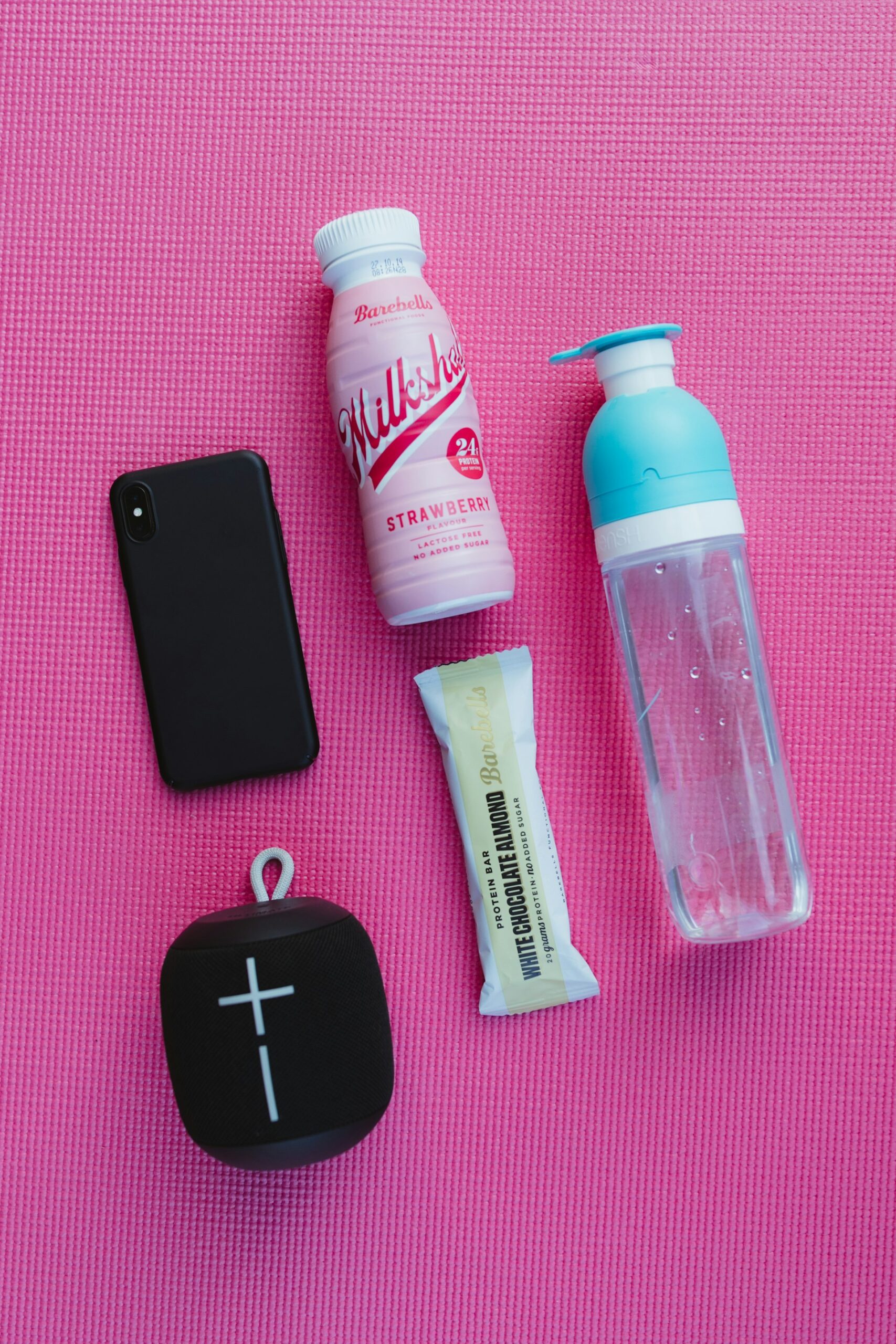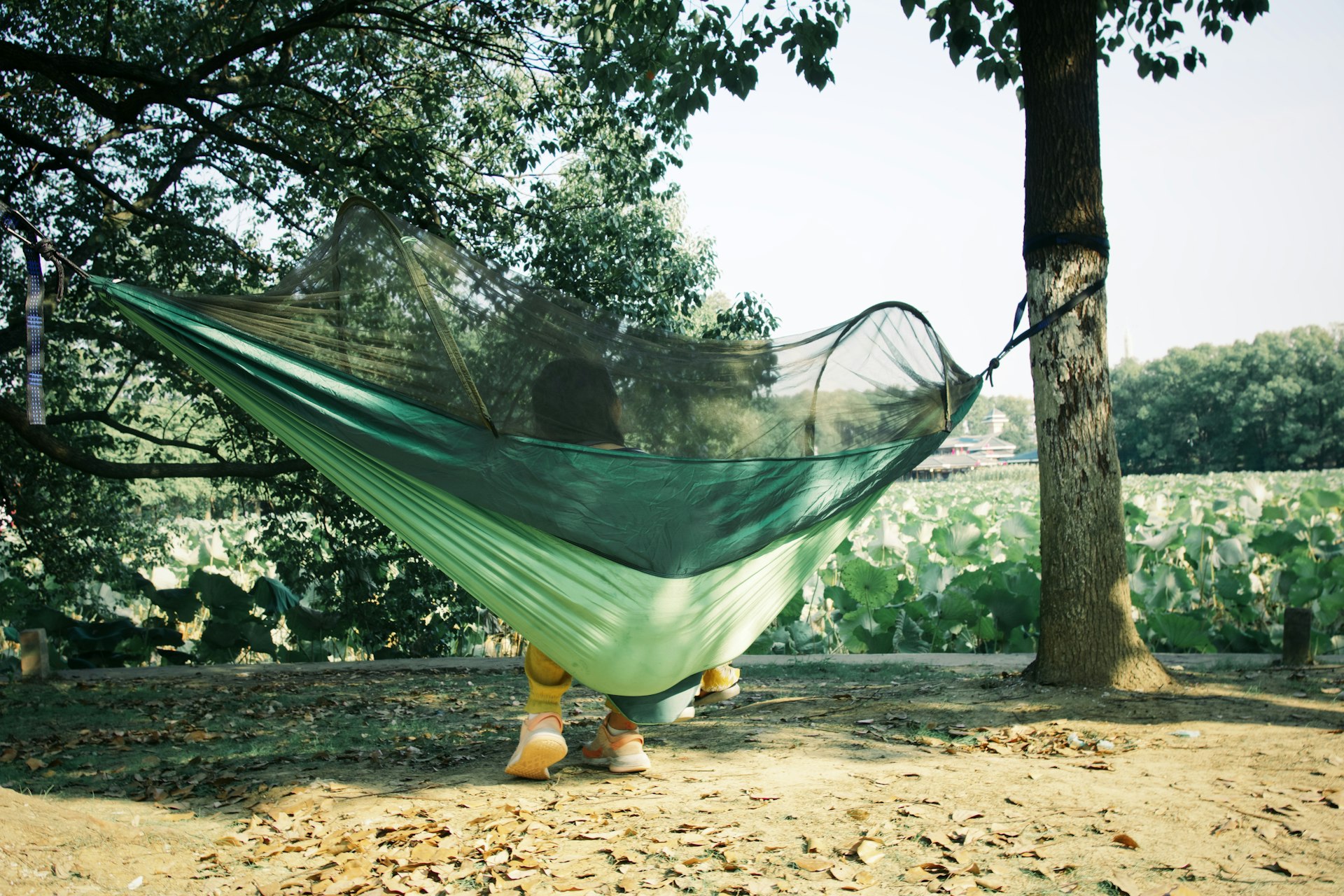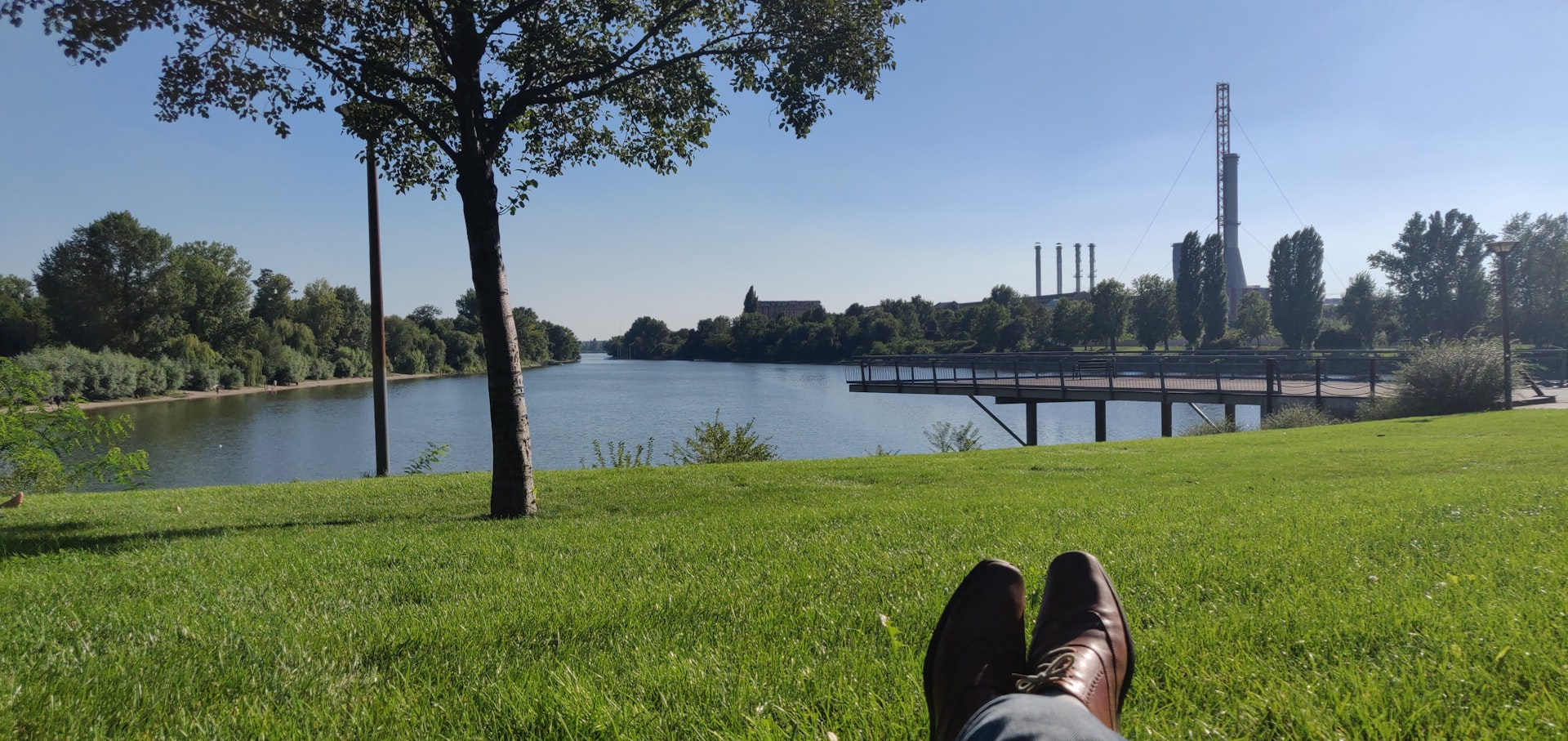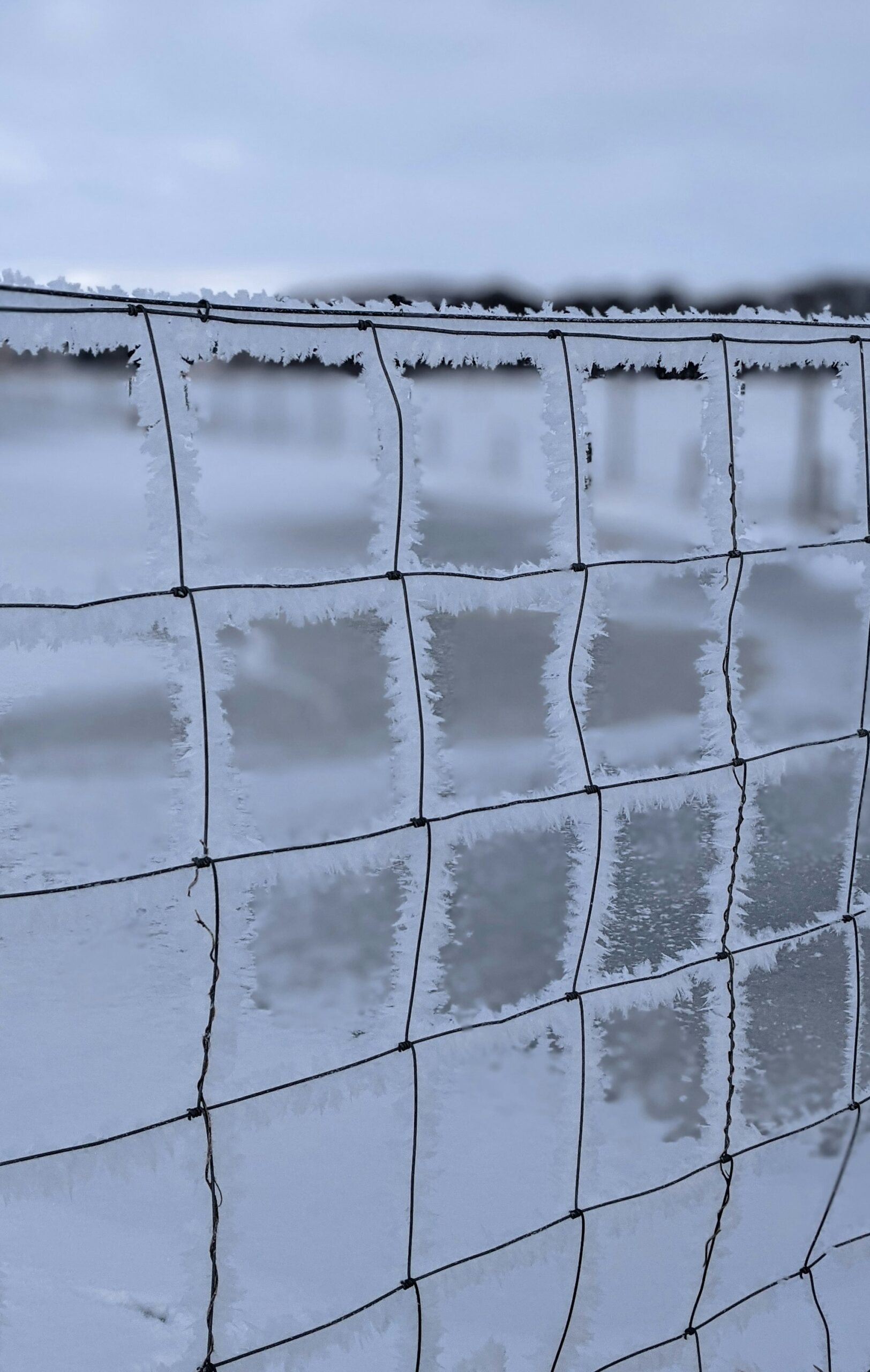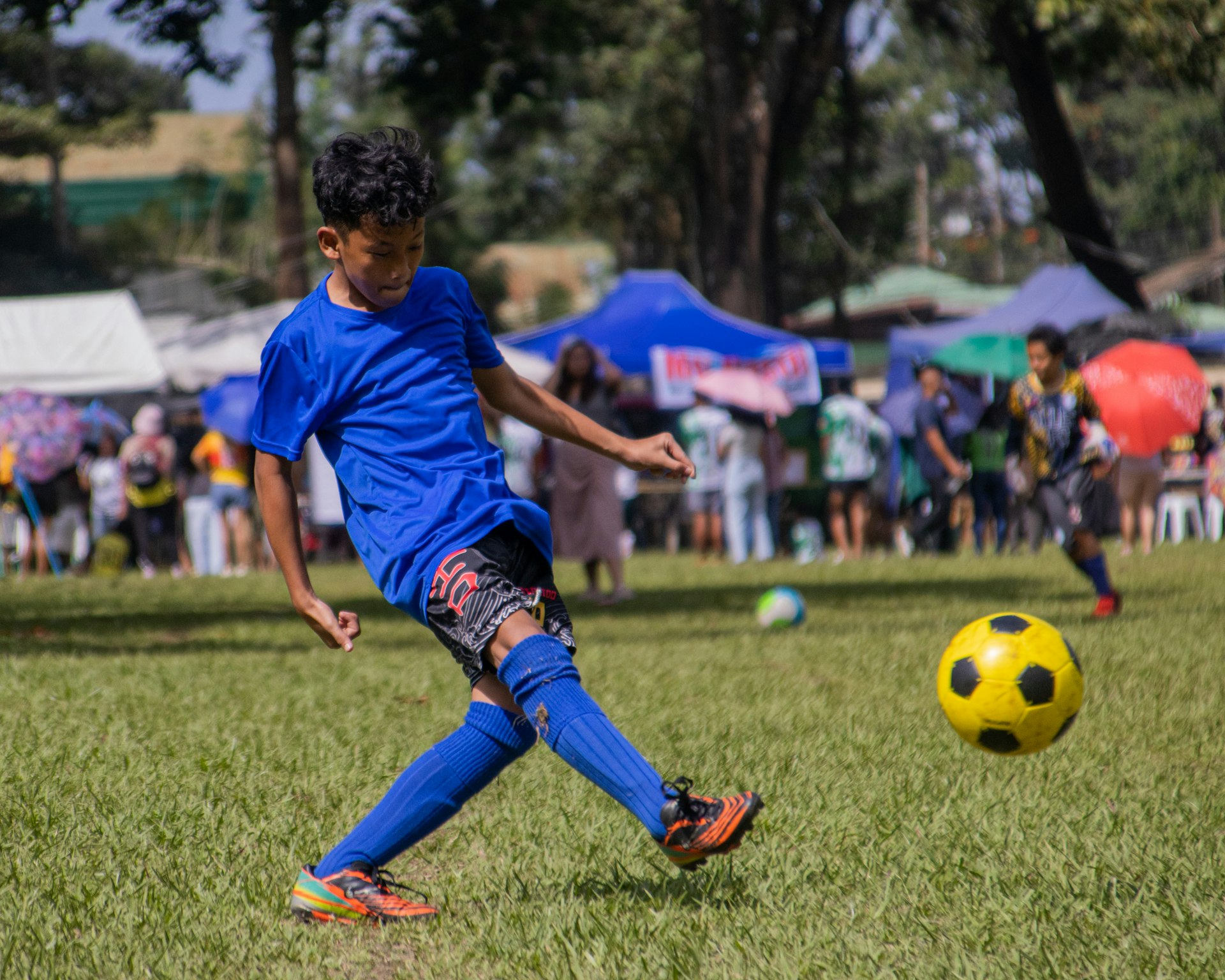Unlocking Peak Performance: How Quality Sleep Fuels Athlete Recovery and Success

Photo by Julia Kuzenkov on Unsplash
Introduction: Why Sleep Is a Game-Changer for Athletic Recovery
For athletes at every level, recovery is as vital as training. While nutrition, hydration, and physical therapy are widely recognized, sleep stands out as the most powerful-and often overlooked-tool for optimizing recovery and performance. Scientific research consistently demonstrates that high-quality sleep accelerates muscle repair, replenishes energy stores, supports immune function, and sharpens mental focus. This article explores the critical role of sleep in athletic recovery and provides actionable guidance to help athletes harness its full benefits.
The Science Behind Sleep and Recovery
Sleep is not a passive state; it’s a dynamic process where the body and brain undergo essential repair and restoration. There are two primary sleep states: Non-Rapid Eye Movement (NREM) and Rapid Eye Movement (REM) sleep. NREM sleep, particularly the deep slow-wave stage (N3), is closely linked to physical recovery as growth hormone is released, facilitating tissue repair and muscle growth. REM sleep, meanwhile, is vital for cognitive processing, memory consolidation, and mood regulation [2] .
Inadequate sleep disrupts these processes. According to the National Health and Nutrition Examination Survey, 40% of Americans get less than six hours of sleep per night-a deficit that significantly increases the risk of injuries, impairs physical performance, and delays recovery [3] .
Physical Benefits: Muscle Repair, Immune Strength, and Injury Prevention
During deep sleep, the body releases growth hormone, which is crucial for muscle repair, collagen synthesis, and cell regeneration. This process helps athletes recover from strenuous workouts, heal microtears in muscle fibers, and adapt to increased training loads. Research shows that athletes who extend their sleep experience measurable improvements in strength, speed, and reaction time [1] .
Sleep also supports a strong immune system, reducing the risk of illness and infection that can derail training. Regularly getting less than eight hours of sleep nearly doubles the risk of injury, highlighting the protective role of adequate rest [3] .
Mental Edge: Focus, Reaction Time, and Decision-Making
Optimal performance depends not just on the body but also on the brain. Sleep deprivation impairs reaction time, reduces vigilance, and increases errors in judgment-critical factors in sports where split-second decisions matter [1] . Studies show that even a single night of poor sleep can slow reaction times and hinder cognitive function. Conversely, sleep extension improves focus, enhances memory, and boosts overall mental sharpness.
Long-term, chronic sleep restriction can also increase the perception of effort, making workouts feel harder and decreasing tolerance for pain or discomfort [3] .
Sleep Quality Indicators and How to Measure Them
To optimize sleep for recovery, athletes should track key indicators such as total sleep time, sleep efficiency (percentage of time in bed spent asleep), and time spent in deep sleep stages. The National Sleep Foundation recommends monitoring factors like sleep latency (how long it takes to fall asleep), wake after sleep onset, and the number of awakenings longer than five minutes [2] . Adequate sleep is characterized by minimal daytime sleepiness and consistent, restorative rest.

Photo by Olena Kovalova on Unsplash
Practical Steps to Improve Sleep for Athletic Recovery
Improving sleep quality is achievable with targeted strategies. Here’s how athletes can take actionable steps:
- Establish a Consistent Sleep Schedule: Go to bed and wake up at the same times daily, even on weekends. This helps regulate your circadian rhythm and improves sleep quality.
- Create a Sleep-Friendly Environment: Keep the room cool, dark, and quiet. Remove electronic devices and minimize light exposure before bedtime.
- Develop a Pre-Sleep Routine: Engage in calming activities like gentle stretching, reading, or meditation 30-60 minutes before bed. Avoid screens, as blue light can disrupt melatonin production [3] .
- Monitor Nutrition and Hydration: Consuming a small amount of protein before bed may support muscle recovery, while tart cherry juice can naturally boost melatonin and enhance sleep quality [3] .
- Limit Stimulants: Avoid caffeine, nicotine, and large meals close to bedtime, as they can interfere with falling and staying asleep.
- Consider Naps Strategically: Short naps (20-30 minutes) can help offset sleep deficits but should be scheduled earlier in the day to avoid disrupting nighttime sleep [2] .
Addressing Sleep Challenges in Athletes
Athletes often face unique sleep challenges such as travel, late-night competitions, and performance anxiety. To overcome these obstacles, consider the following approaches:
For Travel and Jet Lag: Gradually shift your sleep schedule in advance of travel, stay hydrated, and get exposure to natural light upon arrival. If you have persistent sleep issues, consult a sports medicine professional or sleep specialist for tailored advice.
For Anxiety and Pre-Competition Nerves: Integrate relaxation techniques, such as deep breathing or progressive muscle relaxation, into your nightly routine. If stress or insomnia persists, seeking behavioral therapy or professional guidance may be beneficial.
How to Access Sleep Resources and Support
Many athletic organizations now offer sleep education and support as part of their recovery programs. You can:
- Request sleep assessments or screenings through your team’s medical staff or athletic trainer.
- Consult with a certified sleep specialist-ask your healthcare provider or search for accredited professionals via the American Academy of Sleep Medicine.
- Look for sleep education workshops or webinars through your sports organization, local university, or community health programs.
- Use reputable online resources for sleep hygiene guidelines. The National Sleep Foundation and the Centers for Disease Control and Prevention (CDC) provide up-to-date sleep recommendations and practical tips. To access these resources, visit the official websites and search for “athlete sleep guidelines” or “sports sleep hygiene.”
If you experience persistent sleep difficulties, you can speak to your healthcare provider about a referral to a sleep clinic or specialist. Many major hospitals and sports medicine centers have dedicated sleep programs.
Key Takeaways and Next Steps
Prioritizing sleep is one of the most effective ways for athletes to accelerate recovery, reduce injury risk, and achieve peak performance. By understanding the science of sleep, tracking key indicators, and implementing proven strategies, you can maximize your training gains and stay ahead of the competition. If you need personalized guidance, reach out to a certified sleep professional or consult the recommended organizations for further support.
References
MORE FROM dealdetectivepro.com

